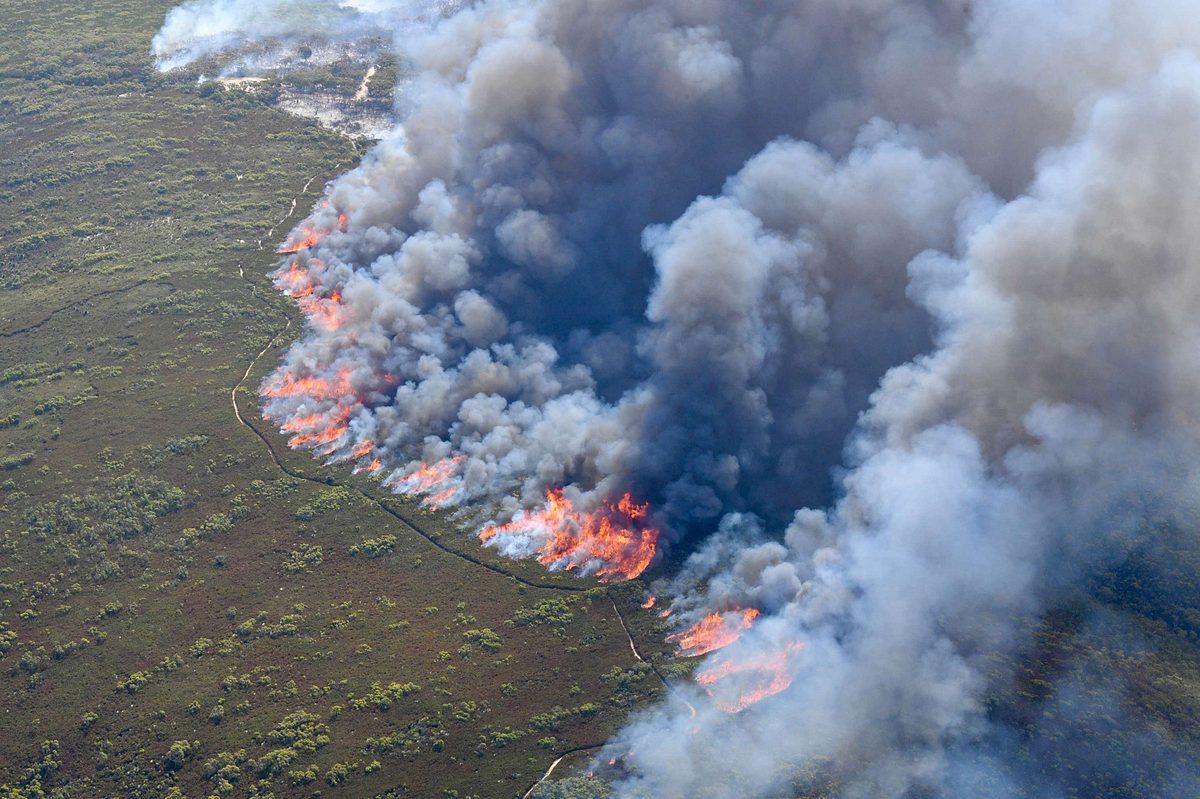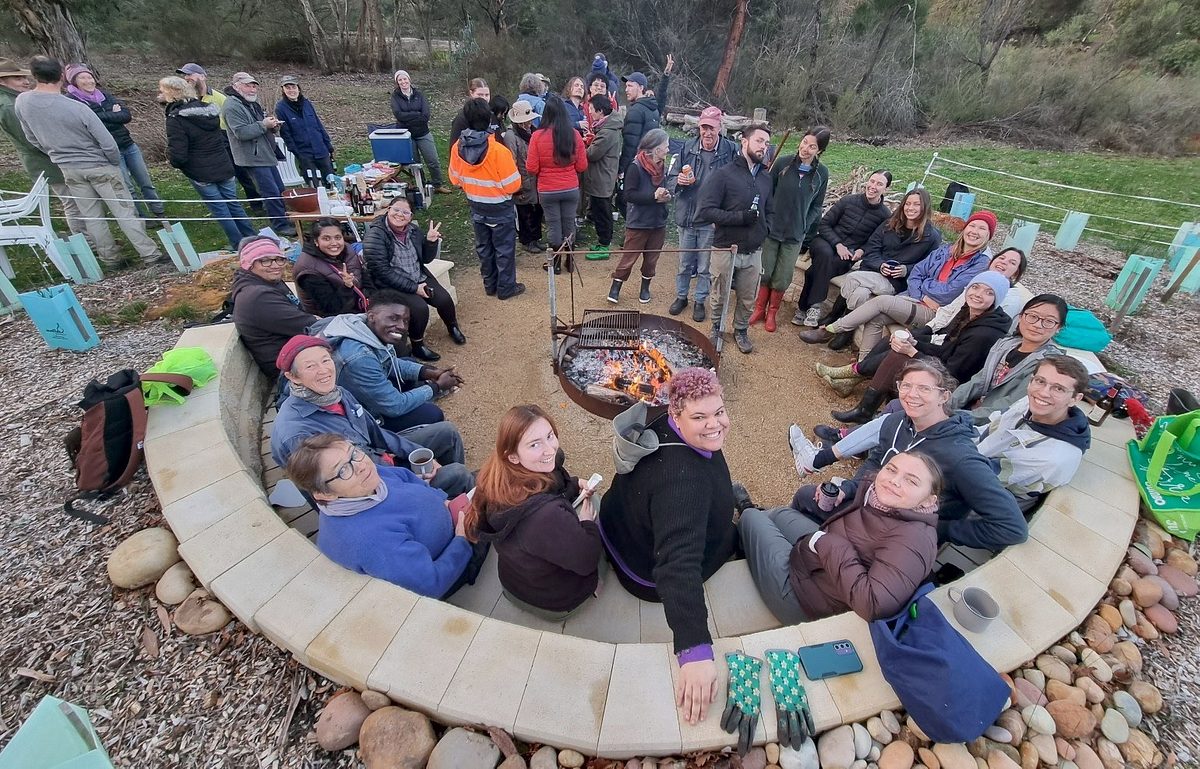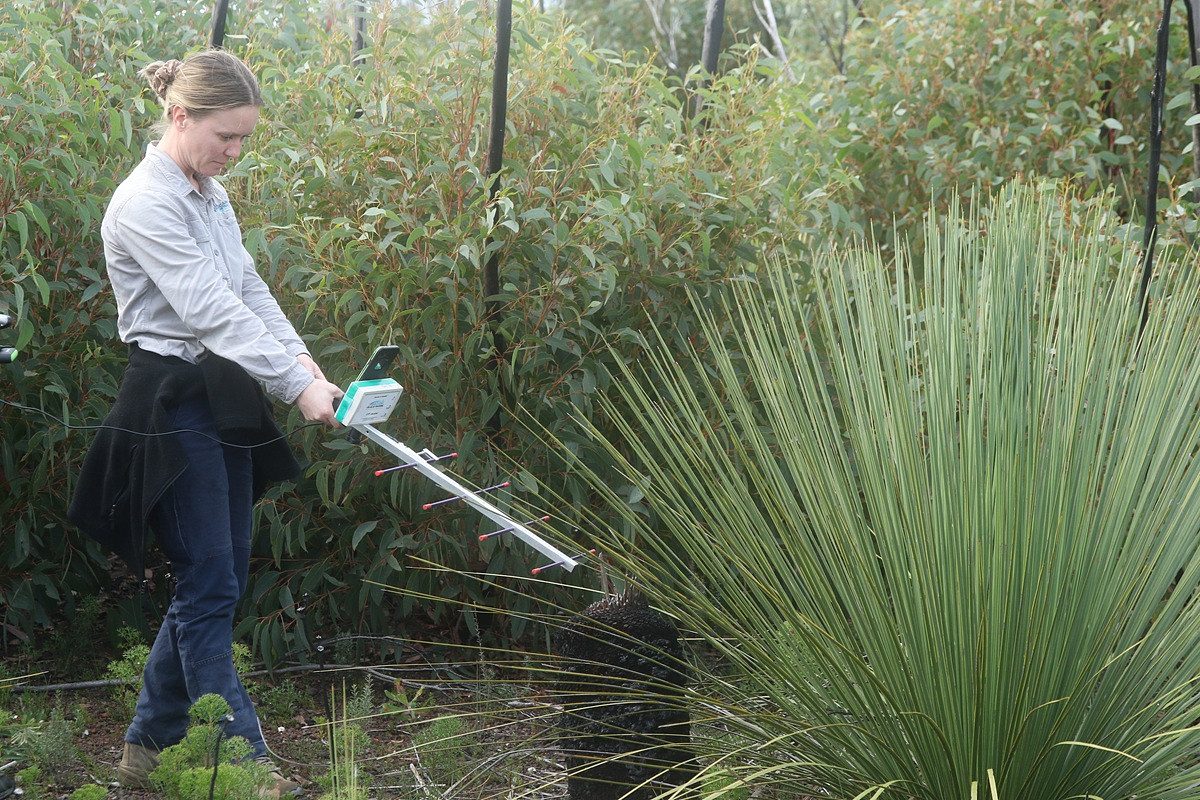Threatened species returns to revegetation on Kumarangk (Hindmarsh Island)
John and Patricia Oreb’s Hindmarsh Island property is a prime example of local revegetation, with focused conservation activities commencing over 30 years ago.
Prior to revegetating, the couple removed several large areas of feral Aleppo pines, a common pest plant to the island. It’s no mean feat with the size of the trees and areas tackled!
Through several revegetation programs and support from the Hindmarsh Island Landcare Group, over 18,000 locally sourced native seedlings have been planted across the property to rebuild layers of habitat from the ground up.
John and Patricia also succeeded with direct seeding of eucalyptus and hopbush, native pines and acacias, and have witnessed local provenance species including flax lilies knobby club-rush, native spinach and running postman regenerating naturally from seed.
“BirdLife Australia surveys have noted up to 30 species utilising the revegetation areas on the property, including the threatened western beautiful firetail, it’s a great sign that we’re doing something right,” said John.
Following the revegetation program, the couple’s sights turned to the challenge of controlling foxes on the property.
“We saw their destruction firsthand, with eastern long-neck turtle nest sites at the waters’ edge completely wiped out, and decided to embark on a baiting program,” said John.
“We contacted Rob Murphy, Stewardship Officer at Landscapes Hills and Fleurieu, who provided us with valuable advice and assistance on the issue.”
Through tackling feral species and reintroducing local, native flora, the Orebs have enjoyed an increase in native birdlife and have even spotted rakali – the Australian water rat – swimming out the front of their property.
A significant milestone of the Oreb’s conservation efforts came with the recent signing of a Native Vegetation Heritage Agreement.
“Signing the Native Vegetation Heritage Agreement is about preserving not only the work we and many volunteers have done to improve the health of our land, but to ensure it thrives untouched for many years to come,” said Patricia.
“This gives us significant peace of mind.”




